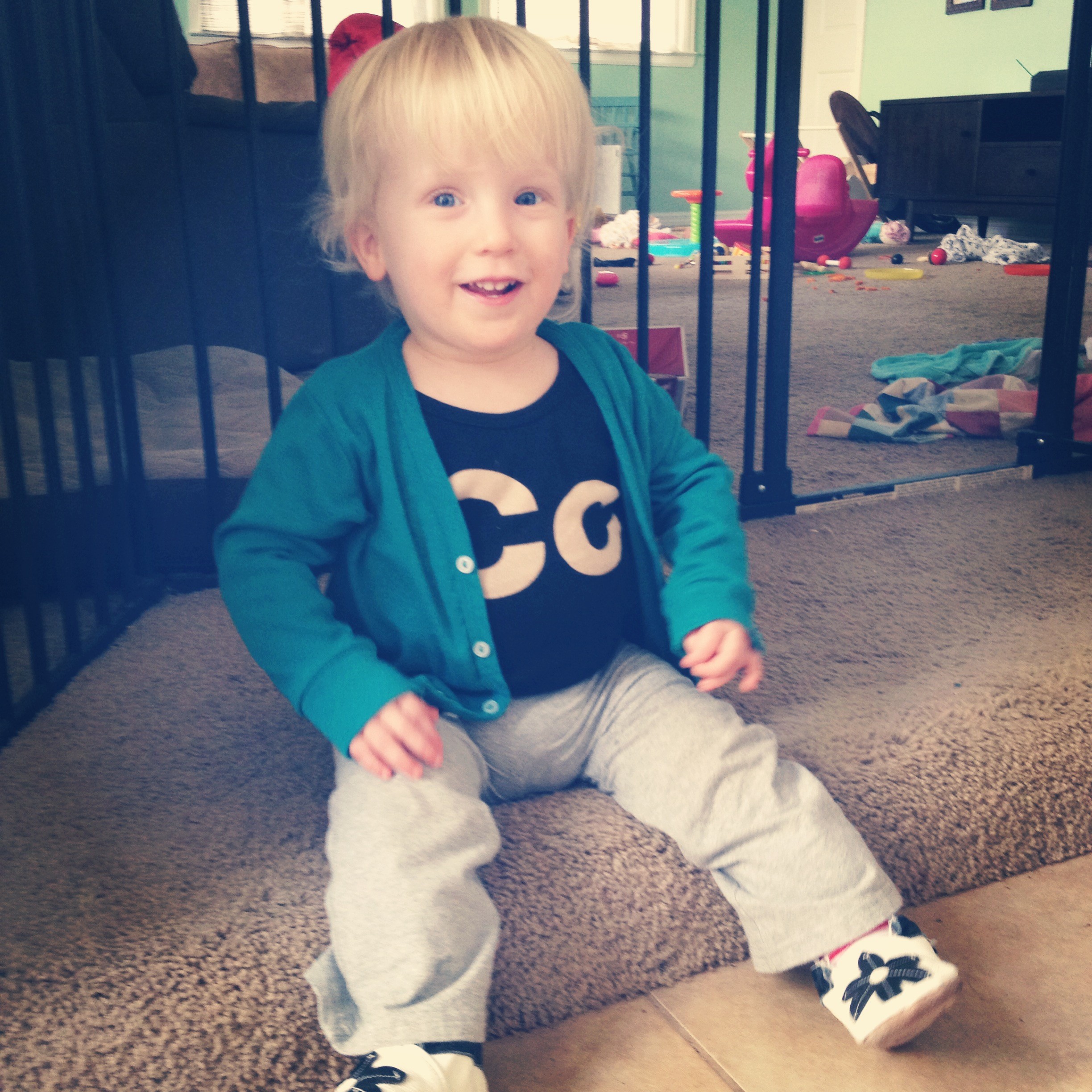When we first began our journey with spina bifida, I didn't know anyone with SB or anyone whose kid had it. One of the best things that has happened over the last two years is finding other people going through the same thing -- bloggers whose kids have SB and message boards full of parents whose kids have SB. This community has been helpful and informative, but most of all, has let us know that we're not alone. Still, some things have become apparent as we've delved more into the special needs community that make me uncomfortable, and one of them really crystallized for me yesterday when chatting with a friend who also has a toddler with SB. Basically, as my friend and I agreed, it's this:
The tendency of parents of kids with special needs and disabilities to say their kids are "heroes" makes me deeply uncomfortable.
On the one hand, it makes perfect sense. We see our kids go through so much more than most typical children deal with -- surgeries, therapies, challenges and pain, and we see our kids thrive and survive in spite of it all. We're impressed by their resilience, and we want to express that. Also, in a world that marginalizes and devalues many people with physical and cognitive disabilities, we want to affirm the worth and value of our kids. I see no malice there.
But what concerns me is that calling our kids heroes is just another form of dehumanization and marginalization. Our kids are KIDS, first and foremost. They're people, human beings, whose value lies simply in the fact of their personhood, not in milestones or hurdles overcome. When we put them on pedestals and call them heroes, we make them something other than human beings. And we give them a standard that, at times, may be hard for them to live up to. They might not always feel like being heroic. Sometimes they might just want to be kids, people, frustrated and fed up and overtired and hungry and in a bad mood and all the other less-heroic stuff we feel from time to time.
Having twins, one of whom has SB and one who doesn't, makes this really apparent to me. Both of my kids are just people, existing in the bodies they were given, facing any challenges that come their way. To borrow a phrase that I learned from Sesame Street*: having spina bifida is normal and natural and fine for my daughter. She's not heroic for existing in her body any more than anyone else is, because she has always been this way. Calling her a hero is just another side of the coin from feeling sorry for her, and I don't want people to do either. I want her to have the beautiful freedom to be a complex, complicated human being who both overcomes challenges and makes mistakes, who can be joyful and angry and every other emotion there is, with no pressure to be anyone but herself. She's no hero -- she's something much more magical and mundane: a little girl, full of untold potential, just like her sister.

*We recently watched an old episode of Sesame Street which featured a young man named Rocco who happened to be blind. He is introduced to Elmo, and when Elmo finds out Rocco is blind, he says "I'm sorry." Rocco tells Elmo he doesn't have to be sorry, because being blind is normal and fine for him, just like being able to see is normal and fine for Elmo. I really loved it. Plus, Rocco is a great singer.